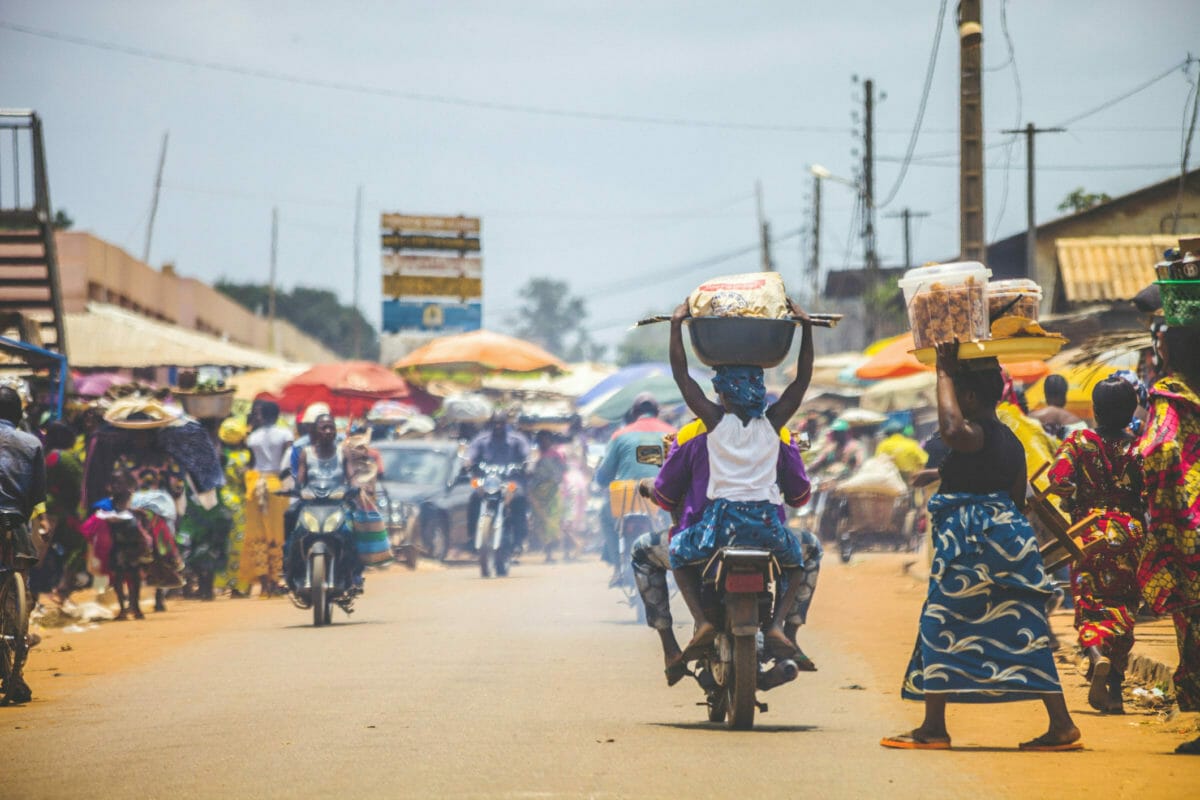Anyone who’s ever visited any of Africa’s 54 countries will attest to the fact that adequate infrastructure is sorely lacking – though of course some nations are better off than others.
For institutional investors, one of the main constraints holding back infrastructure investment in Africa is the lack of a benchmark. Infrastructure performance indices over the rest of the world are common, as they play a critical role in evaluating the risk/return profile of investing in this asset class. The lack of such benchmarks for Africa contributes to a dearth of much-needed investment in this asset class on the continent.
To fill this gap and boost investment, RisCura has partnered with Africa investor (Ai) Capital (a pan-African institutional infrastructure co-investment platform), to launch Africa’s first infrastructure performance index in 2019. This index will facilitate increased investment into the continent’s infrastructure, benefiting not only the people of Africa, but investors, too.
For years, those who have invested in African infrastructure projects have enjoyed high risk-adjusted returns over the long term. They say the default rate is low and the returns are attractive, in excess of risk. In other words, investing in African infrastructure presents an exciting opportunity to generate alpha. But without historical data and benchmarks, it’s not easy for newcomers to evaluate the investment case.
The Africa investor (Ai)-RisCura Infrastructure Performance Index will release performance information for this asset class quarterly, starting in Q1 2019. The index will be pan-African in coverage (including North Africa) and include a wide range of unlisted investment assets, covering all conventional sectors: power, transport, renewable energy, and information and communications technology. It will comprise assets at both the fund level, as is traditionally done in most infrastructure indices, and the asset level. This gives access to more information, enables splitting the life of the assets between greenfield and brownfield, and reflects the different types of performance more accurately. Assets will need to be valued quarterly.
The proprietary method and metrics by which we will calculate the performance will include, but not be limited to:
- Internal rate of return (IRR)
- Times Money
- Public Market Equivalent method, Steve Kaplan and Antoinette Schoar (2005)
- Direct alpha method.
Impact for Africa
Over the last two decades, Africa has experienced periods of high per capita income; however, numerous factors have led to a recent slowdown in the region’s economic activity. Many would argue that the inadequate supply of infrastructure services is one such factor.
Research by the World Bank has quantified the potential impact of infrastructure development on Africa’s growth trajectory. This research shows that increasing infrastructure development to levels seen in other developing regions could result in GDP growth per capita increases of at least 1.2 per cent annually. Adding in enhancements to the quality of infrastructure would contribute a further 0.5 per cent; increasing growth by a total of 1.7 per cent annually.
This growth is even more impactful when compared to the world’s leading nations. The impact on GDP growth, from making strides in both the quantity and quality of infrastructure, rises to 2.6 per cent annually. Simply put, the potential benefit of funding to make up Africa’s infrastructure deficit is significant.
When looking for answers to Africa’s infrastructure financing need, it’s easy to look at public investment as the main solution; however, most African countries have insufficient levels of infrastructure spending as a percentage of GDP and increasing debt-to-GDP ratios, leaving little room in their fiscus to accommodate a higher infrastructure budget.
We believe the solution lies with institutional investors. Pension funds’ long investment horizons make them especially suited to infrastructure assets. The potential for these investments to deliver a predictable cashflow stream over a sustained period, coupled with an element of inflation protection, makes them attractive for institutional investors.
Infrastructure investment platform
So, why are we seeing insufficient capital committed to African infrastructure funds?
The reasons are complicated. The investment ecosystem is not yet thriving, as African countries are still working on developing pools of institutional capital, sufficient asset managers and robust regulatory regimes. The good news is that Africa investor (Ai) Capital, working with the New Partnership for Africa’s Development (NEPAD) and the African Union, has partnered a number of African pension and sovereign funds to establish an Infrastructure Co-Investment Platform, which targets about 5 per cent of Africa’s institutional assets for investment into a blend of brownfield and greenfield infrastructure opportunities.
The introduction of our infrastructure performance information for Africa is another, simple step in the right direction, given that institutional investors often cite a lack of performance data as a constraining factor when considering infrastructure allocations.
As every investment manager knows, diversification is the only free lunch in investing. Africa is an important global diversification opportunity, and the infrastructure asset class offers further diversification. To date, most international institutional investors have been missing out on the opportunities presented here, but we believe the access to historical information this index will provide will assist in changing this.
This initiative enjoys the support of the African Sovereign Wealth and Pension Fund Forum, the World Pensions Council, Batseta (council of retirement funds for South Africa), and official institutions such as NEPAD/African Union, the African Development Bank, Trade Development Bank, the Association of bilateral European Development Finance Institutions, and others.
Hubert Danso is chief executive and chair of Africa investor (Ai) and chair of the CFA New York global asset owners advisory board. Heleen Goussard is head of unlisted investment services at RisCura.



